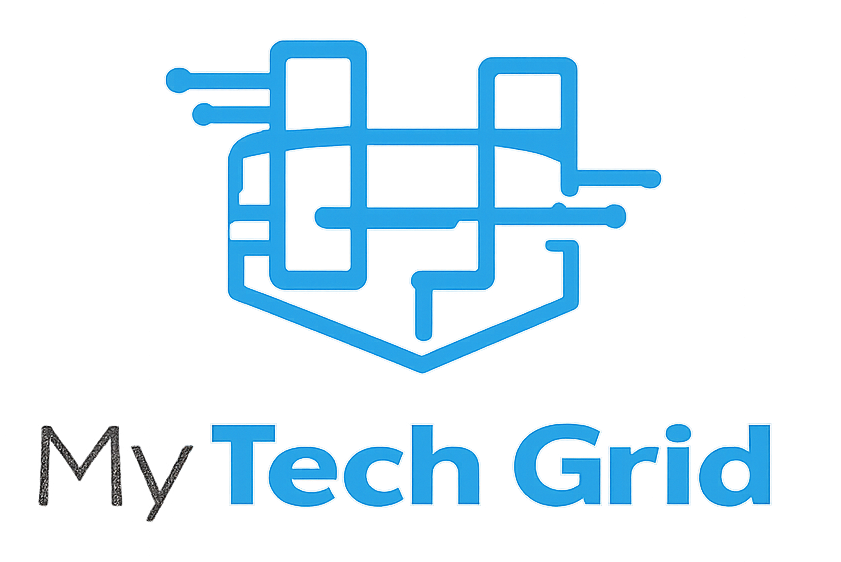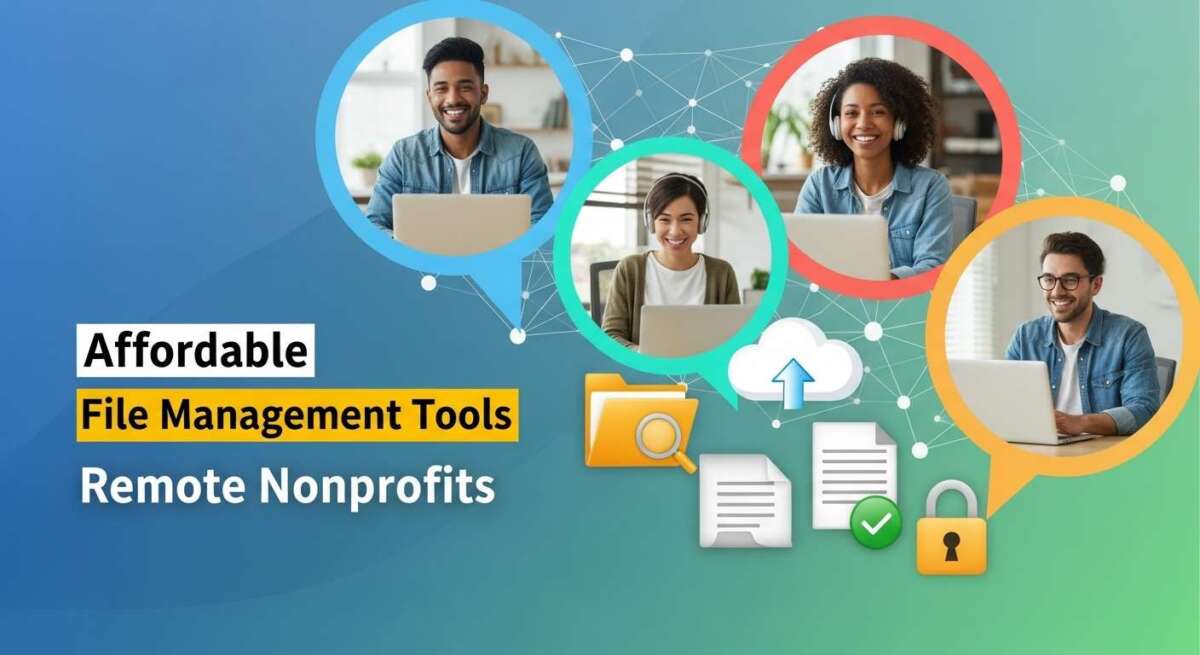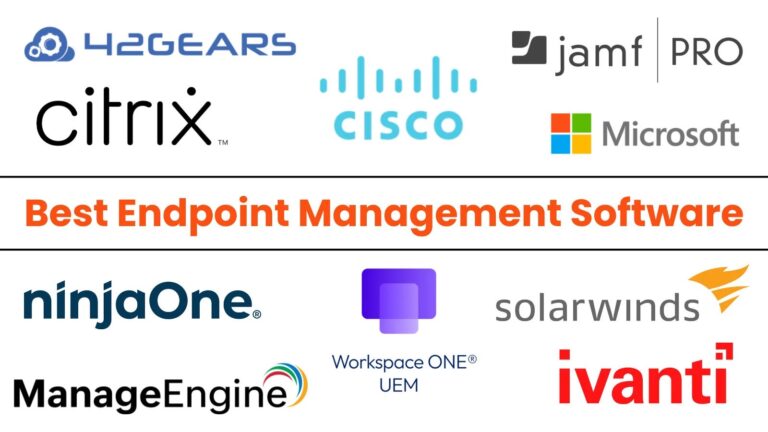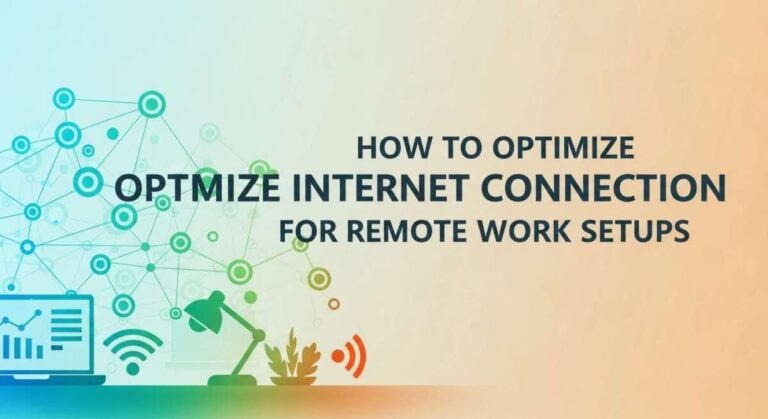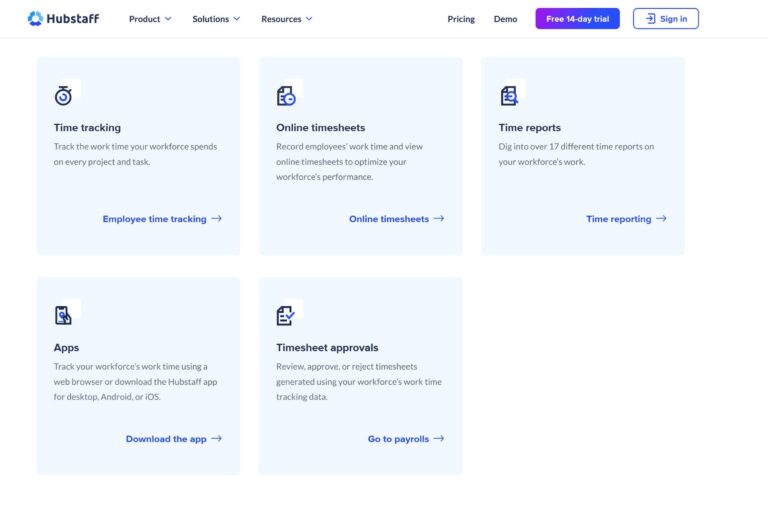Managing your nonprofit’s files efficiently doesn’t have to drain your budget. If you’re working remotely and juggling countless documents, finding affordable file management tools is key to staying organized and focused on your mission.
Imagine having simple, cost-effective solutions that keep your team connected and your data secure—without the headache or high price tag. You’ll discover the best affordable file management tools tailored for remote nonprofits like yours, helping you save time, reduce stress, and boost your impact.
Keep reading to find out which tools can transform the way you manage your files today.
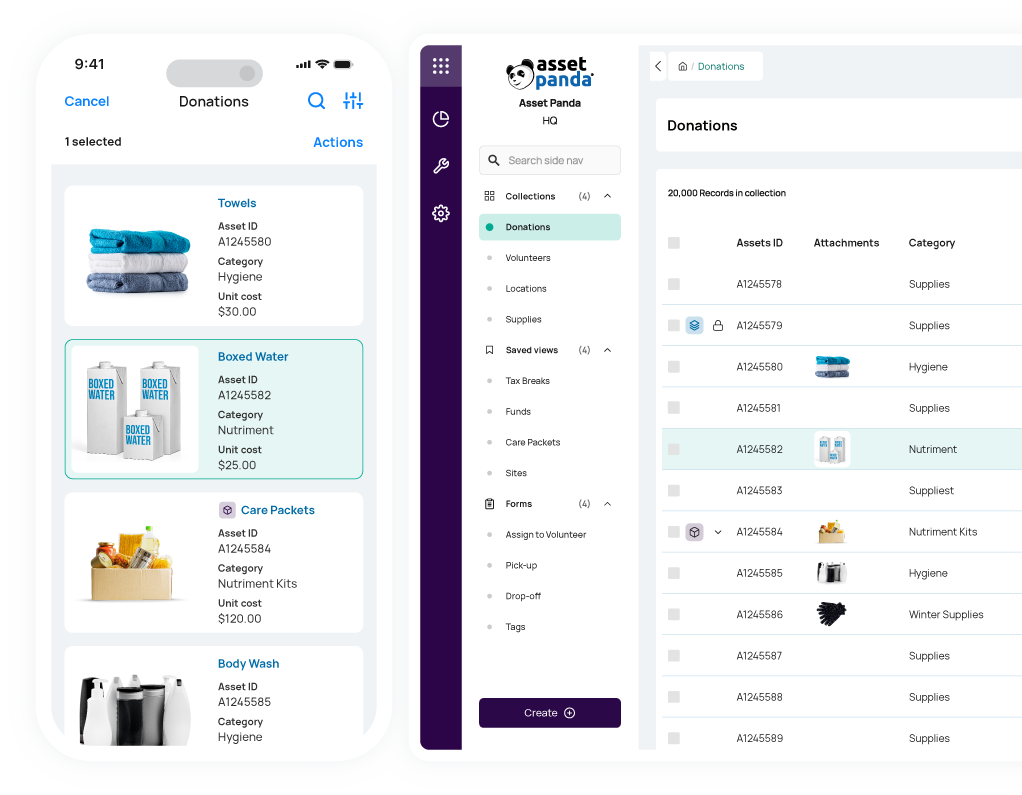
Credit: www.assetpanda.com
Top Free Tools
Free file management tools can help remote nonprofits save money and stay organized. These tools offer essential features without costing anything. They are ideal for small to medium-sized organizations with limited budgets. Using these tools can improve efficiency and support financial tracking.
Here are some top free tools with useful features for nonprofits.
Wave Features
Wave offers simple accounting tools for small nonprofits. It tracks income and expenses easily. You can create and send invoices quickly. It also generates basic financial reports. The web-based design means no software installation is needed. Wave supports multiple users at no extra cost. It is easy to learn and use daily.
Zipbooks Benefits
ZipBooks provides a user-friendly interface for nonprofits. It allows customized invoices and expense tracking. You can manage donations and generate detailed reports. The software supports unlimited users and clients. It also offers basic time tracking for volunteers. ZipBooks ensures data is secure with encryption. It works well for organizations with growing needs.
Gnucash Capabilities
GnuCash is a powerful open-source tool with many features. It supports double-entry accounting for accuracy. You can track bank accounts, stocks, and income. It offers detailed financial reports and graphs. GnuCash works offline on your computer. It suits nonprofits needing more control over finances. The learning curve is higher but rewards with flexibility.
Paid And Trial Options
Many affordable file management tools offer paid plans and free trials. These options help nonprofits test the software before making a commitment. Paid plans usually include more features and better support. Trial periods allow remote nonprofits to explore the tool’s benefits risk-free. Choosing the right option depends on your organization’s size and needs.
Springly For Nonprofits
Springly provides a paid solution tailored for nonprofits. It includes file management, event planning, and member tracking. The software simplifies organizing documents and communication. Springly’s interface is user-friendly and requires little training. Nonprofits can manage files and projects in one place. Paid plans offer more storage and advanced features. This tool suits nonprofits wanting both file and program management.
Aplos Trial Access
Aplos offers a free trial to test its file and fund management tools. The trial lasts for a limited time with full access to features. It supports donation tracking, financial reports, and document storage. Remote nonprofits can evaluate Aplos without upfront cost. After the trial, paid plans provide ongoing access and support. Aplos is ideal for organizations seeking combined financial and file management.
Choosing The Right Tool
Choosing the right file management tool is vital for remote nonprofits. The tool must fit the group’s size and needs. It should offer features that help manage files efficiently without costing too much. Understanding the organization’s size and goals helps narrow down the options. Also, knowing the limits of free versions can prevent surprises later. Some tools offer discounts for nonprofits, which can make a big difference. This guide will help select the best affordable file management tool.
Assessing Organization Size
Small nonprofits need simple tools with basic file storage. Large nonprofits require robust tools with advanced sharing and security. Mid-sized groups fall in between and need flexible options. Consider the number of users who will access files. Also, think about how much storage space is necessary. A tool that fits the organization’s size saves money and boosts productivity.
Key Features To Look For
Look for easy file sharing and collaboration features. Strong security and encryption keep files safe. Search functions help find documents quickly. Version control tracks changes and prevents data loss. Integration with other tools like email or calendars adds value. Mobile access lets teams work from anywhere. Choose features that match daily tasks and goals.
Limitations Of Free Versions
Free plans often limit storage space and user accounts. Some features like advanced security or integrations may be locked. Customer support might be minimal or unavailable. Check if file size limits affect your work. Upgrading to paid plans can be costly. Understand these limits before committing to a tool. This helps avoid switching tools later.
Discount Programs
Many file management providers offer discounts to nonprofits. These programs reduce costs and add premium features. Proof of nonprofit status is usually required. Discounts can include extra storage or priority support. Some tools have special nonprofit pricing tiers. Research and apply early to benefit from these offers. This can make a big difference in your budget.

Credit: www.larksuite.com
Donation And Fund Tracking
Donation and fund tracking is essential for remote nonprofits. It helps keep records clear and transparent. Accurate tracking builds trust with donors and stakeholders. Affordable file management tools can simplify this complex task. These tools help organize donations and manage funds efficiently. They allow nonprofits to focus more on their mission and less on paperwork.
Managing Donations
Managing donations means recording every gift carefully. Good tools let you log donor details and amounts. Some systems send automatic thank-you emails to donors. Tracking donations by date or campaign is easy. You can see who gave and how much at a glance. This helps with reporting and planning future drives. Remote nonprofits benefit from cloud-based tools that work anywhere.
Fund Management Features
Fund management features organize money by specific projects or goals. You can track income and expenses separately for each fund. Some tools offer budget controls to avoid overspending. They generate reports to show fund status clearly. These reports help nonprofits stay accountable. Alerts notify managers if funds run low or exceed limits. Easy fund management supports better decision-making for remote teams.
User Experience And Support
Integration and compatibility are essential for file management tools used by remote nonprofits. These features ensure smooth operation across various platforms and software. Nonprofits benefit from tools that connect well with other apps and work on multiple devices. This flexibility saves time and reduces technical problems.
Software Integrations
File management tools with software integrations connect easily to other apps. Popular services like Google Drive, Dropbox, and Microsoft Office often link with these tools. This connection lets nonprofits share files and data without switching apps. Integrations improve workflow by automating tasks like syncing documents and backing up files. They also support collaboration among remote team members. Choosing tools with multiple integrations expands your nonprofit’s capabilities.
Device Compatibility
Device compatibility means file management tools work on different gadgets. Nonprofits use desktops, laptops, tablets, and smartphones in various locations. Tools that support Windows, Mac, iOS, and Android cover all these devices. This support allows staff to access files anytime, anywhere. Compatibility also ensures consistent user experience across devices. Easy access increases productivity and helps remote teams stay connected. Check that your file management tool supports all devices your team uses.

Credit: bloomerang.com
Frequently Asked Questions
What Is The Free Bookkeeping Software For Nonprofits?
Free bookkeeping software for nonprofits includes Wave, ZipBooks, and GnuCash. They offer invoicing, expense tracking, donation management, and basic financial reports. Wave suits small organizations, ZipBooks provides user-friendly donation tracking, and GnuCash offers advanced control for complex needs.
What Is The 33% Rule For Nonprofits?
The 33% rule for nonprofits suggests spending no more than one-third of funds on administrative costs. This ensures most donations directly support the mission.
Is There A Free Crm For Nonprofits?
Yes, free CRMs for nonprofits exist. Options like HubSpot CRM, Bitrix24, and CiviCRM offer donation tracking and contact management. These tools help nonprofits manage relationships and fundraising efficiently without cost.
Is Trello Free For Nonprofits?
Trello offers a free plan suitable for nonprofits with basic project management needs. Nonprofits can access essential features at no cost.
Conclusion
Affordable file management tools help remote nonprofits stay organized. These tools save time and reduce costs. Choosing the right tool depends on your group’s needs. Simple, clear features work best for small teams. Free or low-cost options like Wave and ZipBooks offer great value.
Try different tools to find what fits your workflow. Good file management supports your mission and daily work. Keep your nonprofit efficient and focused with smart file solutions.
